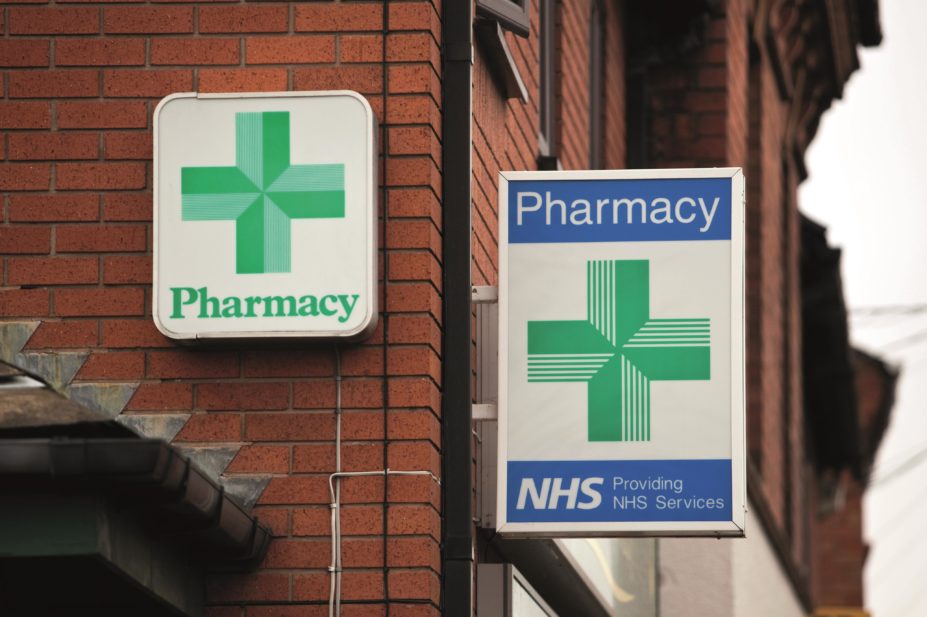
John James / Alamy
The new medicine service (NMS) is here to stay for the foreseeable future, according to Sue Sharpe, the chief executive of the Pharmaceutical Services Negotiating Committee (PSNC), which negotiates the NHS pharmacy contract.
Sharpe spoke about the future of the NMS at the annual Local Pharmaceutical Committee (LPC) conference in Birmingham on 15 October 2014.
The service involves a pharmacist providing support for people with certain long-term conditions newly prescribed a medicine to help improve medicines adherence. It has been funded by the government since 2011 and was given a positive evaluation by independent researchers at the University of Nottingham in August 2014.
The NMS is written into the recently announced pharmacy contract funding settlement between the PSNC and NHS England. It was expected that the settlement would be a multi-year deal, but the agreement is only for 2014/2015, leaving pharmacists uncertain about what will be expected of them in the future. Sharpe hinted that the reason for the short contract deal was because 2015 is expected to be a pivotal year for NHS England, with its five-year strategy due to be published shortly. However, she was confident that the service would continue to form part of the pharmacy contract, saying it is now “embedded”.
Sharpe’s view was backed by her colleague Alastair Buxton, the PSNC’s head of NHS services, who told delegates at Avicenna’s UK conference in Leicester on 18 October that the NMS would continue as a permanent service. ”No more stop and start,” he said. “NHS England recognises the importance of the service.”
There was debate among delegates at both conferences as to whether the NMS should be classified as an “essential” or “advanced” service. Under the terms of the NHS pharmacy contract, an essential service is one that all pharmacists are obliged to perform for patients, whereas advanced services are optional.
Robbie Turner, chief executive officer at Community Pharmacy West Yorkshire – an LPC representing 530 pharmacies – proposed at the LPC conference that both the NMS and medicines use review (MUR) services should be essential. In a vote, around three quarters of the contractors at the conference agreed.
Asked by The Pharmaceutical Journal to clarify the status of the vote, a spokesperson for the PSNC would only say that the LPC conference is held ahead of the PSNC’s annual planning meeting in November at which the committee will plan its work and priorities for 2015. “The committee will use the report on the debates at the conference to ensure it addresses the issues of concern to LPCs,” she said.
Turner argued that “if these services are essential for patients, why aren’t they essential services?” In response, the contractors opposed to making NMS and MURs essential said this was because of uncertainties over what this would mean – if pharmacists did not perform these services, would they be falling foul of fitness-to-practise rules? In addition, there were questions over whether pharmacists would get paid as much if the services became “essential”.
LPCs act as local negotiators with commissioners of healthcare services and act as the local branches of the PSNC, which negotiates centrally. The LPC conference is held annually and facilitates decision-making and discussion between the LPCs and PSNC.
You may also be interested in

Tackling the NHS drug budget: why we set up a regional collaboration for medicines value

Lack of joined-up working between pharmacy and general practice is ‘nonsensical’, says former BMA chair
